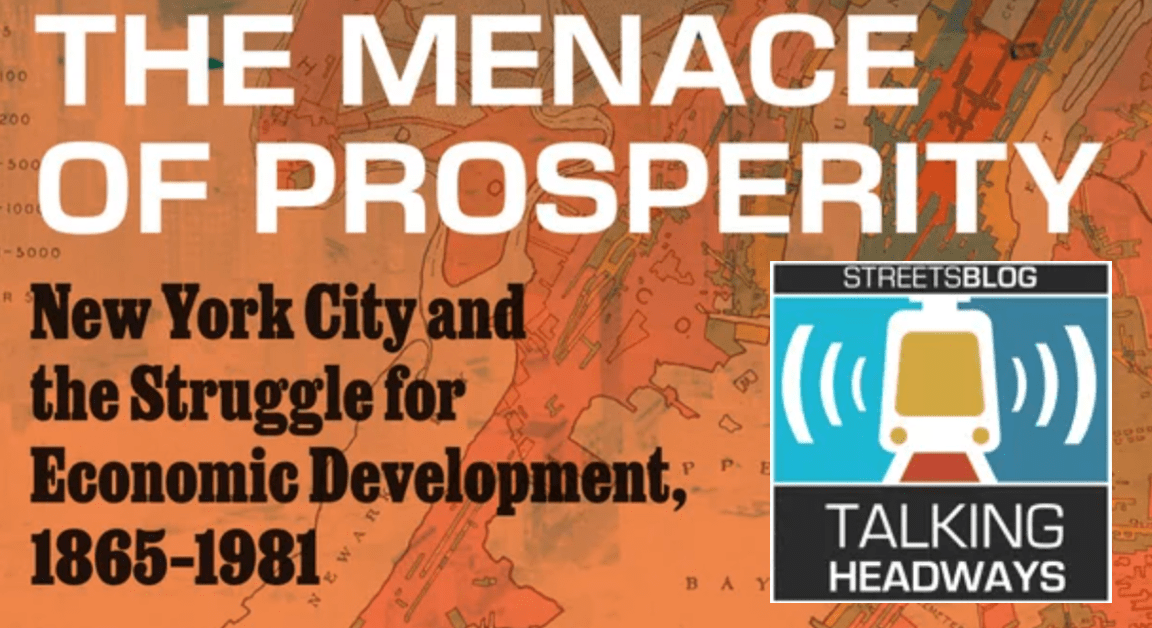It seems like everyone's talking about the success of Washington's Capital Bikeshare, currently the largest bike-share network in the country. Earlier this month, CaBi sold more than 8,000 memberships through a LivingSocial promotion, and the system has already met its goal of 10,000 members for 2011, prompting some to worry that there may actually be a shortage of bikes.
To meet demand, the system is expanding, and Arlington, Virginia will be the site of a number of additional stations.
Network blog Wash Cycle is reporting that the Arlington County GOP has taken issue with the expansion plans. The party is concerned about the loss of eight parking spaces, claiming it will "inconvenience" visitors, cost businesses customers, and reduce meter revenues.
Wash Cycle breaks down the actual effect on curbside access and parking revenue when three on-street parking spaces get replaced by a bike-share station:
I'm not sure how many docks the new stations have, but [a typical station might have] at least 12. So what was once serving at most three users at any one time, and fewer than that most of the time, can now serve 12 users at a time. According to Donald Shoup, the average turnover of streetside parking in a busy downtown is 10 cars per day. So if on average 31 cyclists use the station every day, the space is serving more users. About 40% of current CaBi stations meet that standard now, and that was through the winter and early months when membership was still climbing.
While it might inconvenience drivers, that isn't guaranteed. Encouraging more people to bike to the area could free up more parking spaces than it removes and reduce congestion on the drive there. And it will definitely increase convenience for cyclists. Why should we prefer drivers over cyclists? Isn't the goal the more efficient use of public space?
As for their claim that it will result in lost revenue, their calculation is off. Only when parking is full and those spaces are the marginal spaces will revenue be lost; at all other times the driver will simply go to the next space down the block. Yes, those who bike instead of drive will not pay for parking. That is lost revenue. But it comes with many positive externalities that Arlington also values. Arlington County is not a parking business. It has other interests - and since when are Republicans in favor of parking meter fees?
Elsewhere on the Network today: California Streets reports that the state's high-speed rail plan is under assault legislatively, despite popular support. Human Transit contemplates how assumptions about walking distance affect transit planning. And the Raleigh Connoisseur examines the potential impact of a $37 million transportation bond issue for transit and bike-ped projects that could come up for a vote later this year.






